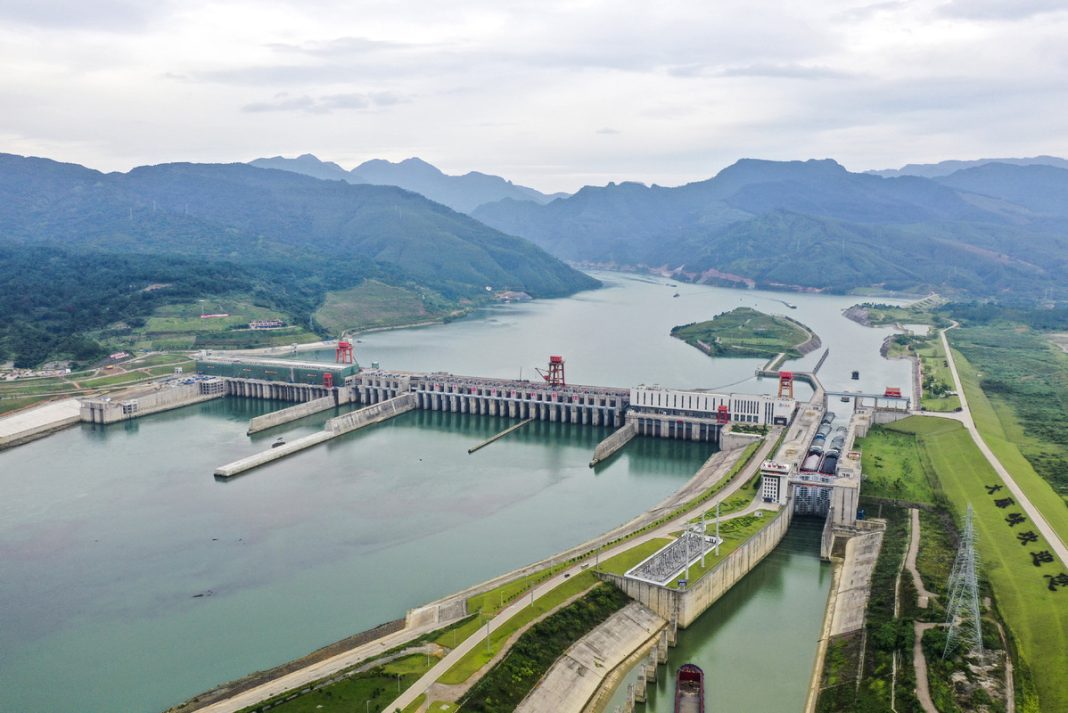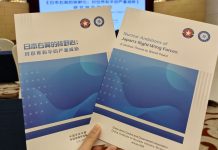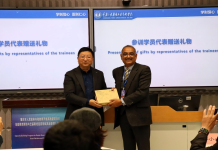BEIJING: The impact of climate change on flood risks is expected to be discussed at the 18th World Water Congress in Beijing this week, with Chinese experts hoping to share their experiences on dealing with recent deluges and learn from other countries.
Held every three years since 1973, it’s the first time that China has hosted the event.
Speaking ahead of the congress, Li Yuanyuan, president of the International Water Resources Association, underscored emerging challenges as well as old ones for China and the world in water resources management, citing the recent devastating downpours and flooding in China in the Haihe River Basin.
Impacted by Typhoon Doksuri and a cold front, the entire basin, which covers the Beijing-Tianjin-Hebei region, was engulfed by rainfall from July 28 to Aug 1. The average daily precipitation in the basin reached 155.3 millimeters.
Beijing, for instance, received 331 mm of rainwater in just 83 hours, which is about 60 percent of its annual average precipitation.
“Extreme weather events in China have become more frequent and intense, with some areas experiencing rainfall exceeding historical records. Major floods that affect entire river basins also occasionally happen, resulting in significant risks and disasters,” he said. To some extent, climate change has aggravated flood risks, stressed Li, who is also vice-president of the General Institute of Water Resources and Hydropower Planning and Design, an affiliate of China’s Ministry of Water Resources. “The congress offers a great opportunity for China to share its experiences and wisdom on water resources management while learning from countries across the world,” said Li. As one of the world’s largest congresses linking water policymakers, researchers and policy practitioners, the congress this year is themed “Water for All: Harmony between Humans and Nature”.
In China, where water resources are located and when it rains present a challenge, with precipitation mainly concentrated in summer, and northern China suffering water shortages, said Li.
The country has encountered many challenges in water resources management since the 1980s, as its population grew, the economy expanded, and industrialization and urbanization accelerated, posing an increasing amount of pressure on the water environment, he noted. Against this backdrop, “water scarcity, water pollution and water ecosystem damage have gradually become severe challenges to China’s sustainable socioeconomic development,” he said. –The Daily Mail-China Daily news exchange item






